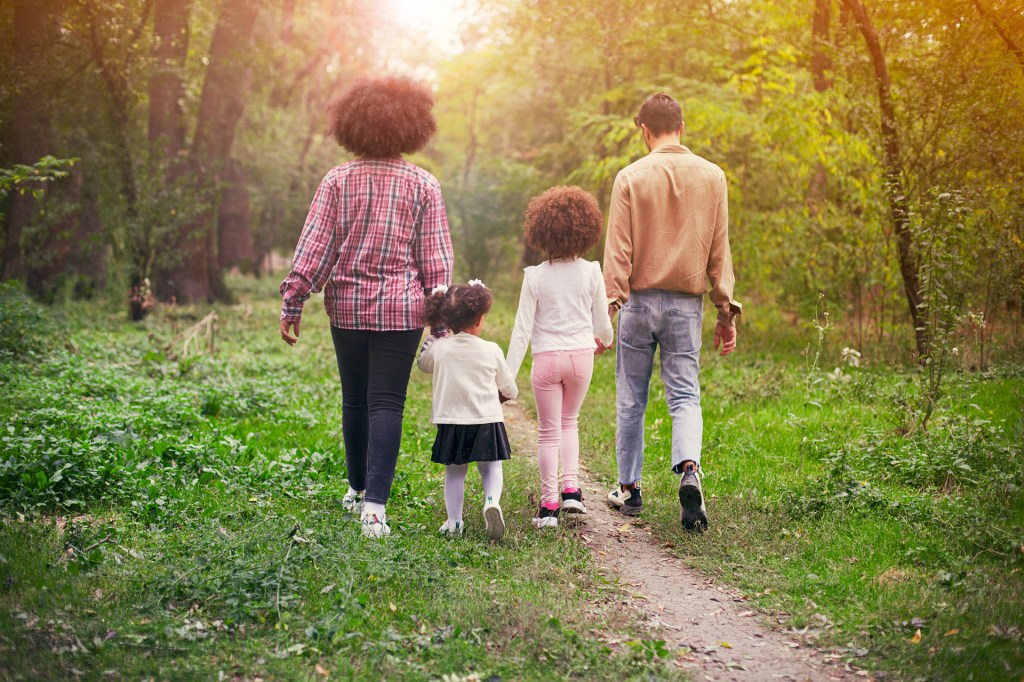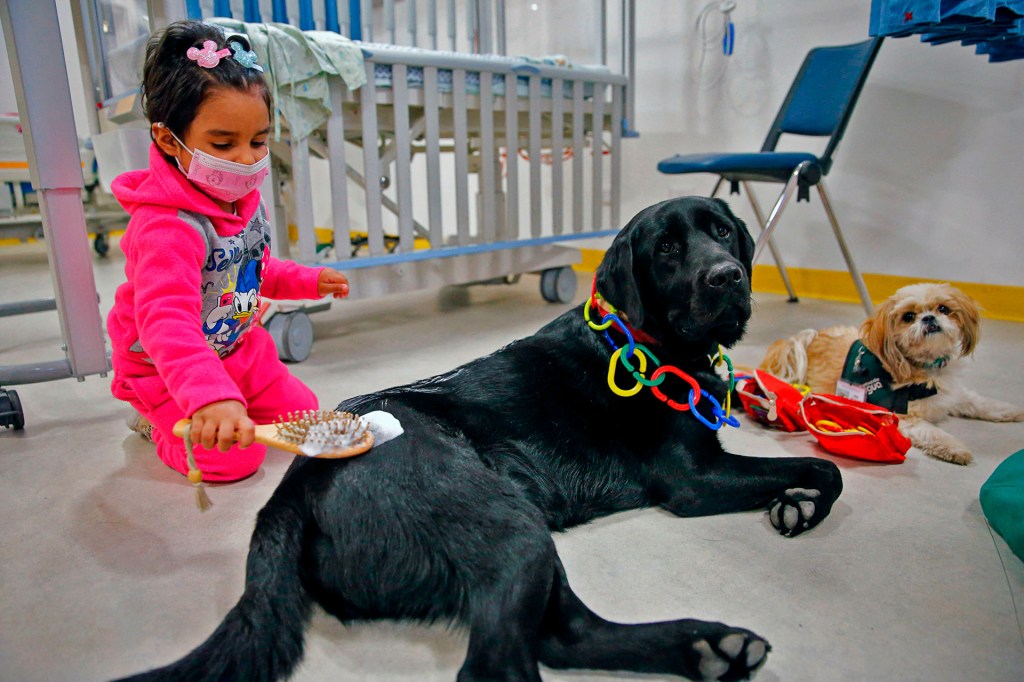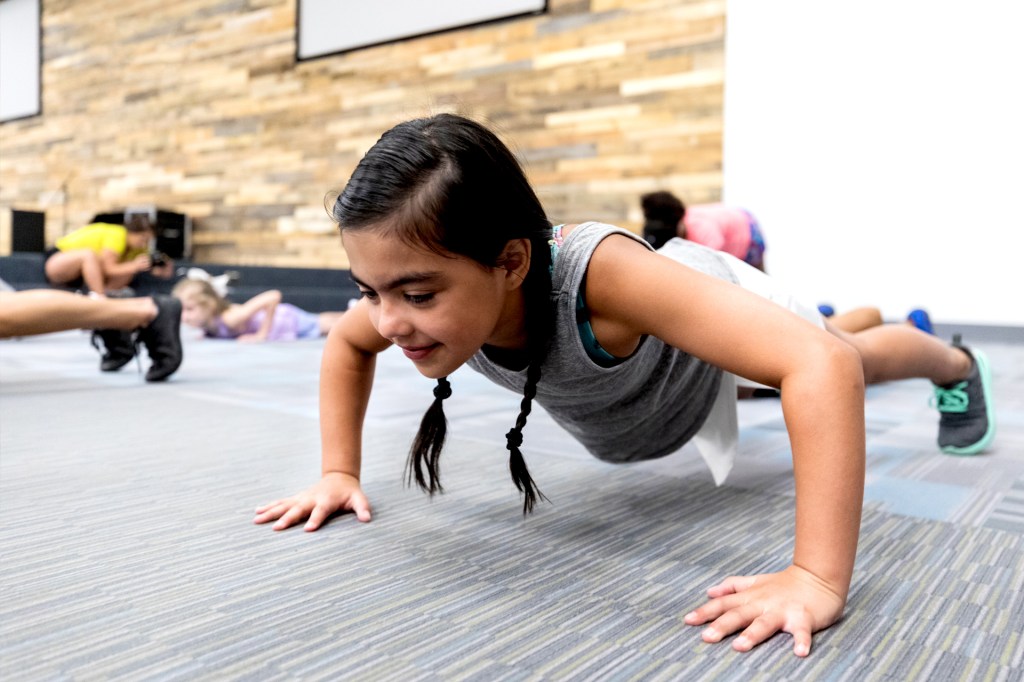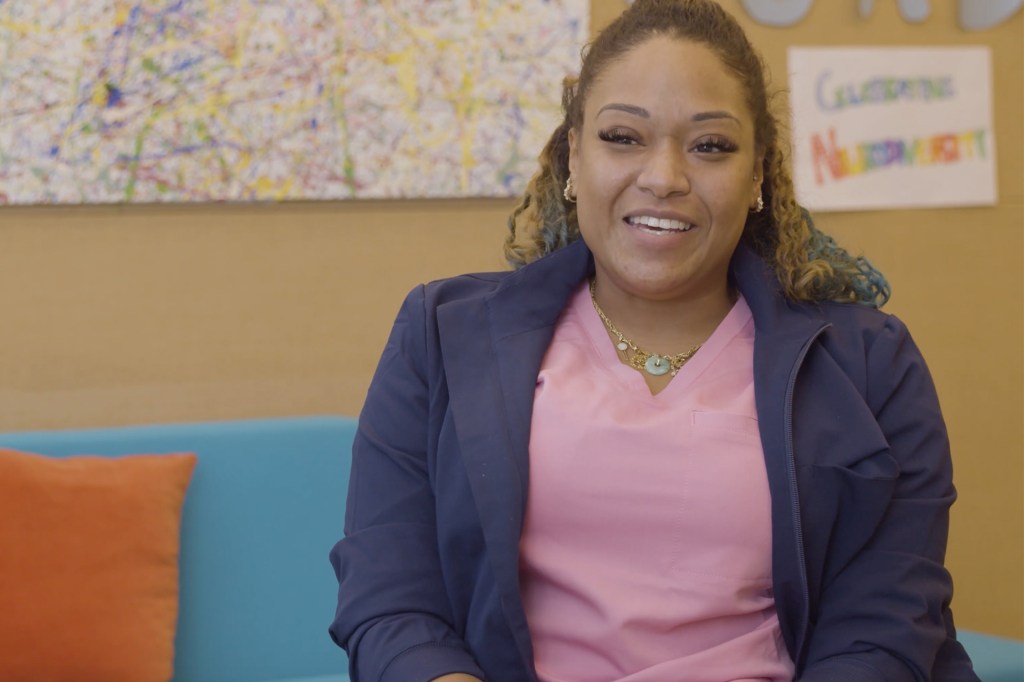Walking is Awesome

Have you ever said “Whoa!” as you watched a basketball player sink a basket? If so, you have felt awe. It’s a strong feeling of wonder or amazement.
Virginia Sturm is a psychologist psychologist a person who studies the human mind and human behavior (noun) The psychologist helped Steve overcome his fear of taking tests. and a professor at the University of California, San Francisco. “Awe is a positive emotion,” she told TIME for Kids. “When we feel it, we feel smaller in relation to the world around us.” Often, people feel awe in nature.
Sturm led a study. The goal was to see if it’s possible for people to feel more awe by taking “awe walks.” The study focused on two groups of adults. Both groups were asked to walk outdoors for 15 minutes once a week. They were told to pay attention to their surroundings and take a few selfies.
Sturm says one group got extra instructions. People were asked “to try to tap into a childlike sense of wonder . . . and to try to see the world with fresh eyes.”
Both groups answered daily questions. They were asked about their mood. And they sent in their selfies. This went on for eight weeks. Researchers found that people in the “awe walk” group felt happier than those in the other group. The faces in their pictures were small compared to their surroundings. The findings were published last fall in the journal Emotion.
Awe Walks for Kids
Sturm says awe walks can be good for kids. And they’re easy to do. “You don’t have to go somewhere new or take a big trip,” she says. “It could be really quite simple, like noticing new flowers in your backyard or a bird nest on your street.”
Maryam Abdullah is a psychologist. She works at the Greater Good Science Center, in Berkeley, California. She says awe walks can be helpful during the pandemic, when people might be feeling disconnected from others. “Awe is one of those emotions that helps us transcend transcend to rise above or go beyond the normal limits of (verb) The athlete hopes that by training harder, she'll transcend her limitations. ourselves [and] understand our connection to something much bigger,” Abdullah says. “That’s a healthy feeling for young people to experience.”













